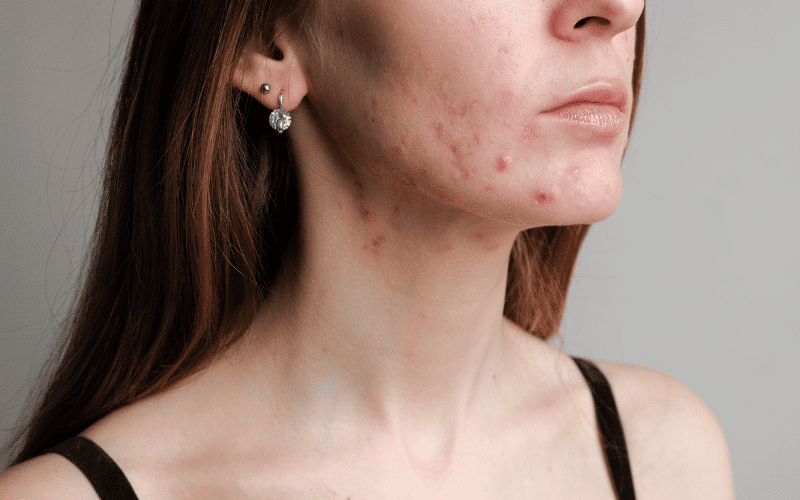Introduction: The Importance of Skin Health
Our skin is our body’s largest organ, playing a crucial role in protecting us from external elements. It serves as a barrier, regulating body temperature, and providing us with a sense of touch. Considering its significance, maintaining healthy skin is vital to our overall well-being. In this article, we will discuss the top 10 common skin problems, their causes, and effective treatments to keep your skin in the best possible condition.
Skin issues are prevalent and can affect anyone, regardless of age, gender, or lifestyle. They can range from mild and temporary to severe and chronic, impacting not only our physical health but also our self-esteem and mental well-being. By understanding these conditions and learning how to manage them, we can take steps towards healthier skin and improved quality of life.
In the following sections, we will provide the latest information, data, and expert advice on each of the top 10 common skin problems. We will also address frequently asked questions to help you better understand these conditions and their respective treatments. So, let’s begin our journey towards healthier skin.
Problem 1. Acne: More Than Just a Teenage Problem

Acne is a widespread skin condition that affects people of all ages, not just teenagers. It occurs when hair follicles become clogged with oil and dead skin cells, leading to the formation of pimples, blackheads, and whiteheads. Hormonal changes, genetics, and certain medications can also contribute to acne development.
To combat acne, it’s essential to maintain a consistent skincare routine that includes gentle cleansing, exfoliating, and moisturizing. Over-the-counter treatments containing salicylic acid or benzoyl peroxide can be effective in reducing acne breakouts. For more severe cases, consult a dermatologist for prescription medication and professional advice.
One of the most critical aspects of managing acne is understanding its triggers. Common factors include hormonal fluctuations, stress, diet, and skincare products that may irritate the skin. Identifying and addressing these triggers can help reduce the frequency and severity of breakouts.
When dealing with acne, patience is crucial. It can take several weeks for acne treatments to take effect, and the skin may appear to worsen before it improves. It’s essential to stay consistent with your skincare routine and avoid picking or popping pimples, as this can lead to scarring and infection. (1)